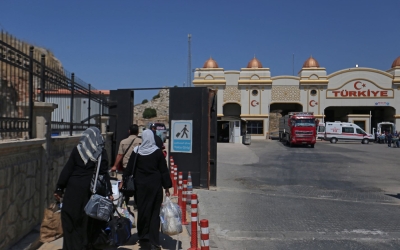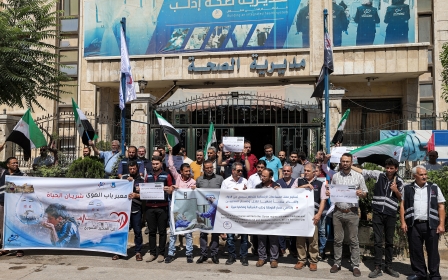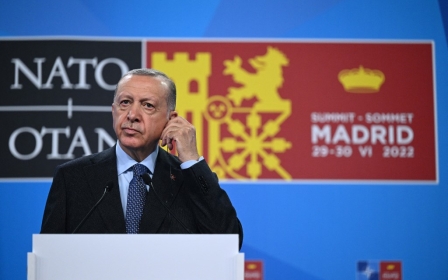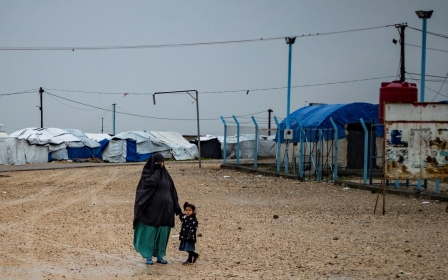Syria: UN to extend aid programme for six months
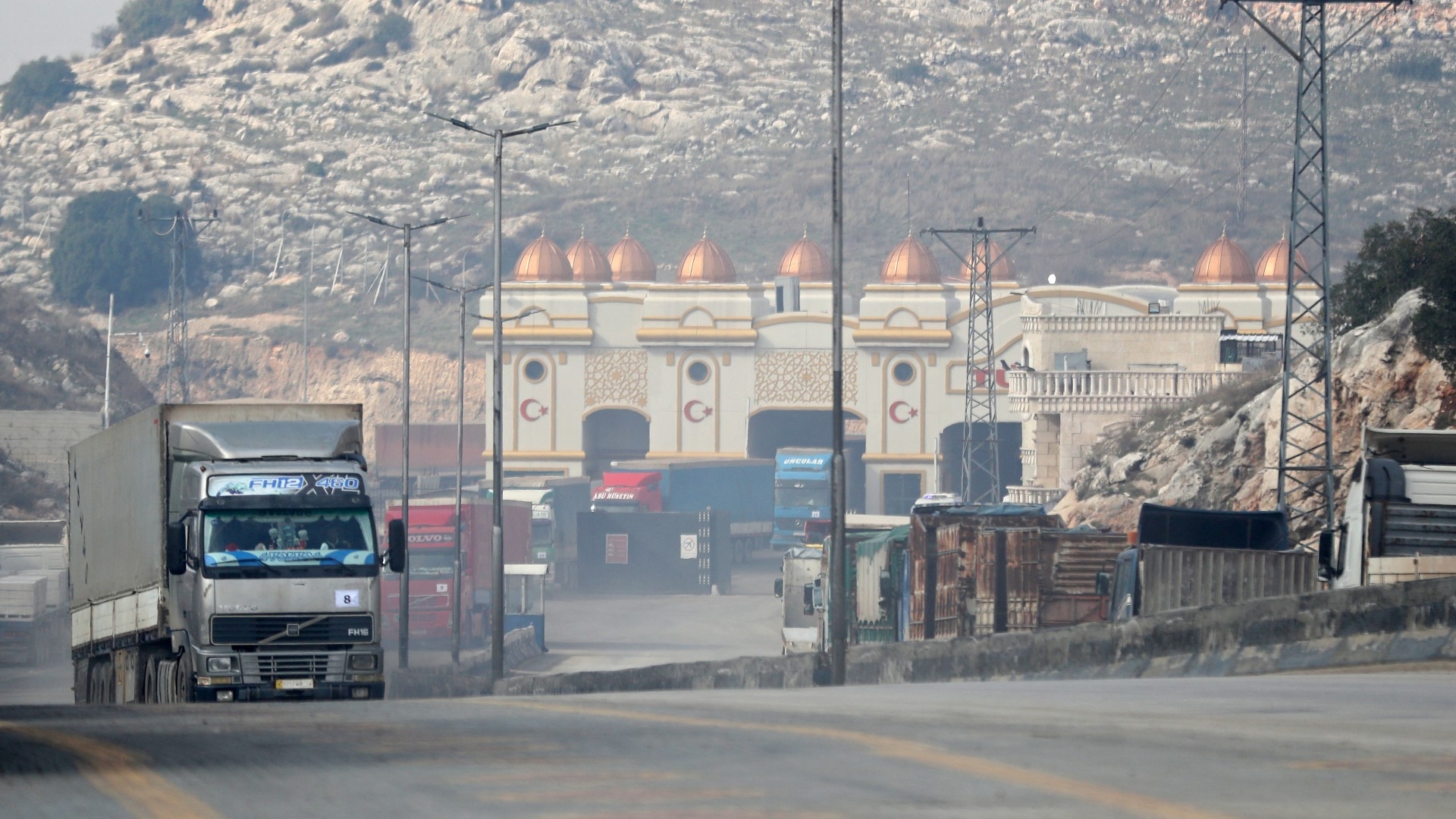
The UN Security Council has agreed to extend a vital system for cross-border aid to northwest Syria for six months, the length of time wanted by Russia, according to diplomats.
Western nations had originally demanded a year-long extension, however, Russia, a Syrian ally, vetoed a Security Council resolution on Friday that would have prolonged the aid corridor by one year.
Western powers then vetoed Moscow’s competing resolution that proposed extending approval by six months.
One ambassador told AFP on condition of anonymity that “Russia forced the hand of everyone. Either close the mechanism or only six months.”
A few days before the vote in New York, a European diplomat at the Syrian border told Middle East Eye: “What our Russian interlocutors are telling us behind the scenes it that the decision is going to take place at the highest level at the Kremlin. Geopolitically, the war in Ukraine will weigh on this decision.”
Moscow has curtailed several western-backed measures in recent years, using its veto 17 times concerning Syria since the outbreak of the war in 2011.
The system to deliver aid, which had been in place since 2014, expired on Sunday.
But the crossing at Bab al-Hawa at the border with Turkey is the only way UN assistance can reach civilians without crossing through areas held by Syrian government forces.
The agreement breaks an impasse that had threatened to derail the life-saving supplies for more than 4.4 million people in the northwestern region of Syria, mostly under the control of anti-Assad forces.
“Since last summer, 7,500 UN trucks entered Idlib through this crossing, representing 180,000 tonnes of food parcels, medicines and even tents,” Mazen Allouch, an official at the Bab al-Hawa crossing, told MEE.
The previous draft by Ireland and Norway suggested the possibility of a halt to the mechanism in January next year if the Security Council so decided.
The new Irish-Norwegian text provides for renewal in January 2023 for another six months, subject to the adoption of a new resolution.
It would also require a briefing every two months on the implementation of the system and calls for a special report on humanitarian needs in the region to the UN secretary-general by 10 December.
Russia’s deputy ambassador to the UN, Dmitry Polyansky, said Moscow would adopt the resolution with “a minimal modification”.
But for resolutions to be adopted, at least nine of the 15 members must support them, with none of the permanent members wielding their veto.
Middle East Eye delivers independent and unrivalled coverage and analysis of the Middle East, North Africa and beyond. To learn more about republishing this content and the associated fees, please fill out this form. More about MEE can be found here.


